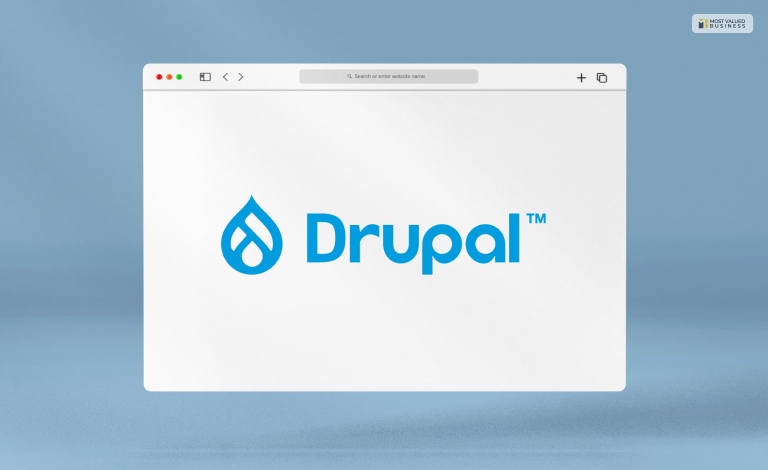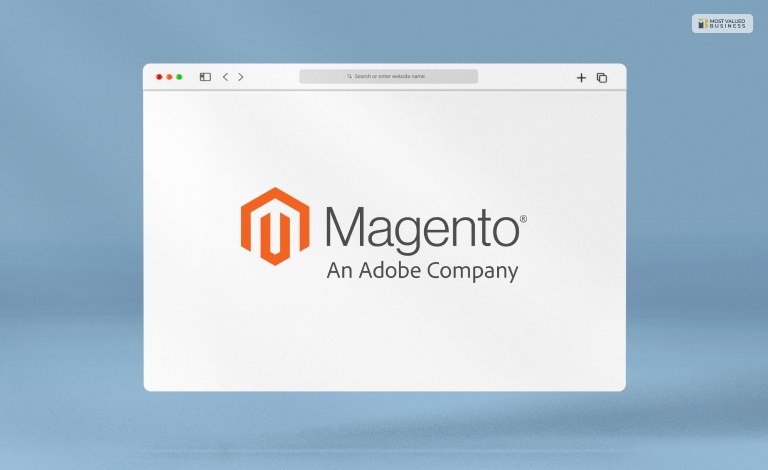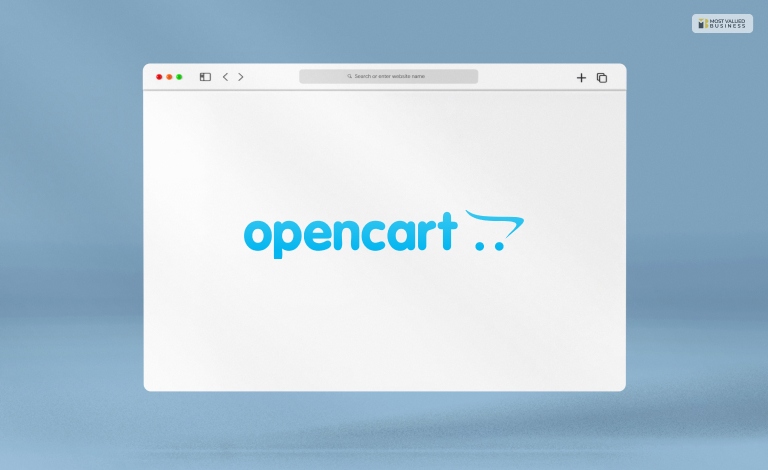10 Best CMS For E-Commerce Business For You In 2023
So, what is the best CMS for ecommerce? Why do you need to integrate a CMS with your ecommerce website? At this time, if you are unable to integrate a CMS, then there is no way you can take your business to the next level.
In spite of the global economy, and the inflations, the growth of retail sales all over the world is around 14.3%. By the year 2023, the global share of ecommerce business will hit 23%. So, if you run a business, you need to expand your business online and create your online presence.
So, what is exactly a CMS or content management system where you can run your ecommerce business to the next level? In this article, you will be able to know about CMS and what will be the best CMS for ecommerce.
CMS Ecommerce
If you have an ecommerce shop, then a content management system enables you to create, edit and publish website content, and you don’t need to write any code. The CMS also allows users to modify the website or the online store, such as adding promotional banners, changing page layout, or adding new sections to your website.
When it comes to CMS software, there are mainly two categories.
- SaaS CMS
- Open Source CMS
Separate CMS
There have been many ecommerce websites where there were no separate CMS. but, now, you need to have a separate CMS for your ecommerce website. But, how to know which one you should use? The best way is to weigh the content strategy plans.
The ecommerce websites that need to produce new content every day would definitely get benefit from a CMS as it would help them to work with flexibility. You can build your website without a CMS if you don’t want a real-time and regular content updates. But, if you want benefits, then you need a separate CMS.
Ecommerce CMS Features
Before coming to the list of best CMS, you must know the features that you will get if you integrate a separate CMS. Or this list will also help you to find out which features you should look for before choosing a CMS for your website.
- You should look for a CMS which is SEO-friendly. The meta descriptions, page titles, page URLs, and everything should be SEO-friendly.
- The user experience should be easy to optimize. The design options should be flexible, and the website content should be optimized for mobile phones.
- The platform should be easy to use.
- The CMS should have plentiful integrations.
10 Best CMS Ecommerce Platforms
Enough waiting, here are the top ecommerce CMS.
1. Bigcommerce

BigCommerce supports more than 60,000 merchants of all sizes and types. The CMS capabilities and built-in features are really useful and great. There is no doubt BigCommerce is one of the best CMS ecommerce.
2. WordPress

Currently, WordPress is the top CMS player in the industry. WordPress is not an ecommerce platform, but you can transform the website into an online shop. All you need is the WooCommerce plugin.
3. Drupal

Drupal’s specialization is not for ecommerce, but if you pair it with different frameworks and plugins, then it will function like an ecommerce website. And it can be used as an open-source content management system as well.
4. Joomla

This is another open-source management platform that can be used to publish content and build websites. Its core functionality is not for ecommerce, but there are free extensions.
5. Sitecore

Sitecore is one of the best CMS ecommerce platforms that can help you with content combination, market automation, design, editing, and personalizing your website. There is built-in content that you will find.
6. Magento

Magento is one of the leading CMS solutions for ecommerce websites. Right now, it is owned by Adobe, and there are more than 260,000 online stores that are supported by Magento. You will get chatbots, ERP, CRM, and other enterprise-level software.
7. Shopify

When it comes to the best Saas ecommerce platform, the first name that comes is Shopify. The price is affordable, and the interface is so simple and easy. If you are looking for a startup, Shopify is the best.
8. Prestashop

You will find MySQL data management. It is also an open-source platform. The backend code is customizable, and there are a lot of themes and add-ons that you will get.
9. OpenCart

OpenCart is free, and it is a great CMS solution for beginners. With the help of this platform, you can integrate eight shipping methods and 20 payment gateways.
10. Wix

It is a drag-and-drop website-building platform for ecommerce websites. However, it is not an ecommerce CMS, but you can add plugins. There are multiple features and different templates, and there is no-code approach.
Advantages For CMS and Ecommerce Pairing
So, what are the advantages of pairing your ecommerce with a CMS platform? You should know, otherwise, how you can use a CMS for your ecommerce platform.
- If you already have an existing website or, in this case, an ecommerce site, you can turn that into a shop with the help of a CMS platform.
- Speed and creativity are the two most important things for an ecommerce website. And you can deliver both with a CMS.
- When you integrate a CMS with your ecommerce website, the website runs on content. So, you will get a tremendous amount of organic traffic.
- You can be a great leader in your niche. Increasing brand awareness is not an easy task, but with proper knowledge and expertise, you can be at the top of your industry.
- Managing inventory and orders will be easy.
- Adding more payment gateways will increase your website’s credibility. So, CMS will help you to integrate different payment providers.
Disadvantages Of CMS And Ecommerce Pairing
There is no doubt that CMS has improved impressively in the past few years; however, it has flaws. The CMS software will allow literally anyone to make immediate customizations to your website without your permission.
Well, this was not the only disadvantage. There are others, too, and knowing about them will eventually help you make more informed decisions.
Security And Hacking Threats
Most professional hackers have nearly every famous CMS platform on their hacking list. Almost 60% of the websites are powered by WordPress alone. A hacker will not need a better reason to mine all the data and make a couple of quick bucks.
Moreover, cybercriminals prefer hacking and damaging the operations of businesses that have access to the CMS system. This is indeed a catastrophic event, especially if the business is related to eCommerce. Once the website gets hacked, the customer information and bank details become an open book to hackers.
Slow Loading
Website visitors are impatient. Being an avid website visitor myself, I absolutely despise websites that take up a good part of a minute to load. This is not the case with me but for hundreds of thousands of site visitors out there.
If the website doesn’t load faster enough, visitors will immediately bounce to a different website. Hence, the bounce rate for your website will increase, which is worse compared to less traffic. Speaking of which, even Google sides with websites that load fast and come with regular updates. Because CMS drives with data, the websites become heavy and, therefore, take a considerable amount of time to load.
Hidden Costs
If you already didn’t know this, CMS systems come with financial costs that are hidden. They may be disguised as themes, paid plugins, premium updates, and many others. Apparently, it does look good to have a website that is highly affordable. But, if you are thinking of a long-term plan where you expand your customer range or add other functionalities to your website, you will have to pay a hefty price.
Limited Individuality
You may get multiple themes and templates that are offered to you on a CMS platform. These can be both free and paid.
However, it is ironic how the ones that resonate perfectly with your business are the ones that are never free. Despite paying a price, you would realize that the best of the themes will not align, and you will have to make modifications in order to make it a perfect fit for your business.
Now imagine this: you pay the money and do all the hard work only to realize that the same thing is available on different websites. Therefore, your website loses individuality, which may get frustrating.
To Sum Up
These days when we talk about going shopping, we do not mean going out shopping. Instead, we use our smartphones to do that. Most of our time, we spend on either Pinterest or Instagram. So, you can understand the need for CMS ecommerce. We should consider everything from technical capabilities to design, from marketing to future needs, and there are so many things to discover.
If you want to know any specific thing about this platform, feel free to ask in the comment section below. Thank You.
Read More:



